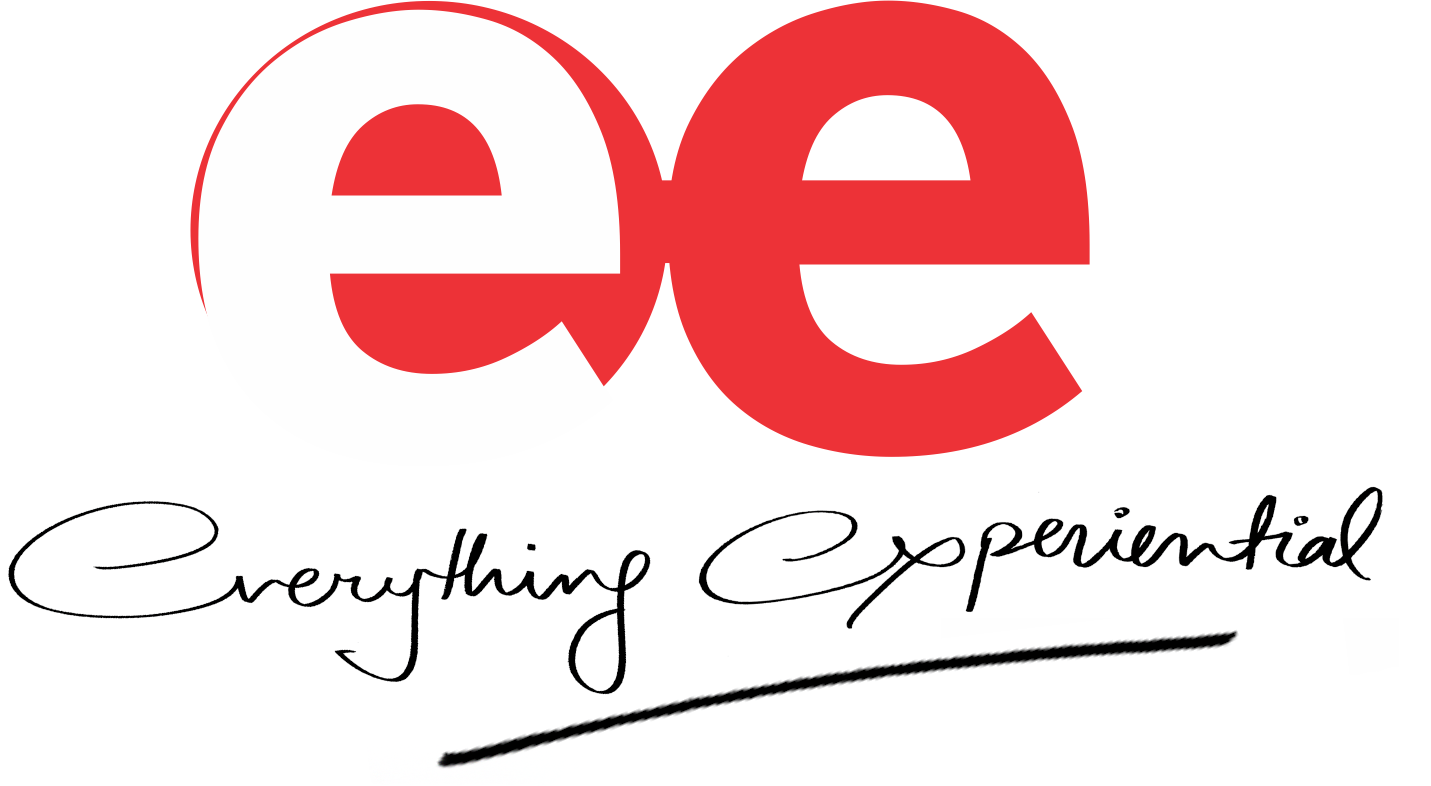Titan’s Paradox Panel Round Table on ‘Collective Individualism’
Titan Company’s ‘Paradox Panel’ think tank has released its third Millennial Paradox Quarterly based on ‘Collective Individualism and what it means for the Lives and Leisure of India’s Generation Y.’ Following the release of the white paper a round table discussion was organized on 8th July 2014 with a panel comprising of Mr. Aditya Swamy – Executive Vice President, MTV India, Dr. Bino Paul – Professor and Chairperson, Tata Institute of Social Sciences, Mr. Kaustav Sengupta – Associate Professor at National Institute of Fashion Technology and Mr. Sam Ahmed, Film Director.
According to the research, Collective Individualism – the contradiction that typifies India’s millennial population (those aged between 21 and 35 years) – is clear and present across all aspects of their lives, from travel and tourism to their particular attitudes on work-life balance.
Collective Individualist behaviour is the contradiction that characterizes today’s ‘Generation Y’ demographic; while they are intensely and determinedly individual in the way they obtain and use information, make choices and reach opinions. They are, simultaneously, the most Collective generation on earth, sharing everything from activities to opinions and constantly seek endorsement for the same. This is the essence of Titan Company’s Millennial Paradox; and a series of studies, research and insights commissioned by the company around this demographic phenomenon.
The Collective Individual; from traveller to protagonist
When travelling, millennials value individual and, where possible, deeply personal experiences that go way beyond the superficial; 78% of millennials would prefer to learn something new when traveling, while 70% indicated they expect special places to offer immersive experiences that are interactive and hands-on. Over 90% strongly agree, “Being well travelled was a competitive advantage in the workplace” with the same survey respondents claiming that student travel ‘fosters an appreciation for diversity, an appreciation and acceptance of cultural differences which helps to build confidence’.
According to Mr. S. Ravi Kant – Chief Executive Officer – Eyewear & EVP Corporate Communications, Titan Company, today’s ‘Collective Individual’ traveller aspires to be, not merely a visitor, but a genuine protagonist in the places they visit.
“Millennials’ approach to travel perfectly reflects the Millennial Paradox; they religiously ‘crowd source’ insights and opinions before deciding on a journey or destination, but what they are ultimately seeking is an experience that’s completely individual and unique,” says Mr. Kant.
“Generation Y travellers demand to be integrated in local culture with an actual authentic, local experience. This perfectly reflects the shift from travelling to witness or experience to travelling to participate. Millennial travellers look beyond just a completely personalized experience; they go a step further to participate and be much more than just a visitor.”
Work-life balance – a false distinction for the Collective Individual
Other findings highlight Indian millennials’ attitude towards work-life balance. For millennials work is simply another medium of individual, personal self-expression with 83% believing that a job should help them to ’pursue their passion’. Such consideration should not, however, suggest any compromise when it comes to their careers; on the contrary, 37% Indian millennials ‘expect to be in a management position within one year of graduating’ and 25% expect to be in ‘senior management positions or running their own business’ within two years.
For today’s millennials, work is an intensely individual and personal activity; and much more than simply the extraction of ‘surplus labour’. Over 80% millennials believe business can exert a positive impact on issues such as climate change, 56% believe business can contribute more to issues such as resource scarcity; 55% climate change; 49% income inequality. And they expect to be treated as individuals throughout the process; around 70% of them see themselves working independently as entrepreneurs ‘at some point’ in their lives.
“The Millennial Paradox is palpable in the way that India’s Generation Y considers work, its meaning and their role within. They expect a direct, personal and individual relationship with their employer; however, they are deeply conscious of the wider role employers can play beyond the workplace with respect to the wider collective. 69% actively seek employers whose corporate responsibility efforts reflect their personal values; India’s millennials are applying the same values and logic to work as to their lives outside the office,” added Mr Kant.
Titan Company’s Paradox Panel has already explored the implications of the Millennial Paradox on India’s youth in terms of their consumer behaviour; following papers will cover love & relationships and professional lives. These insights will be published in subsequent Titan Company’s Millennial Paradox Quarterlies during the course of the year.
Around The World
Advertisement




